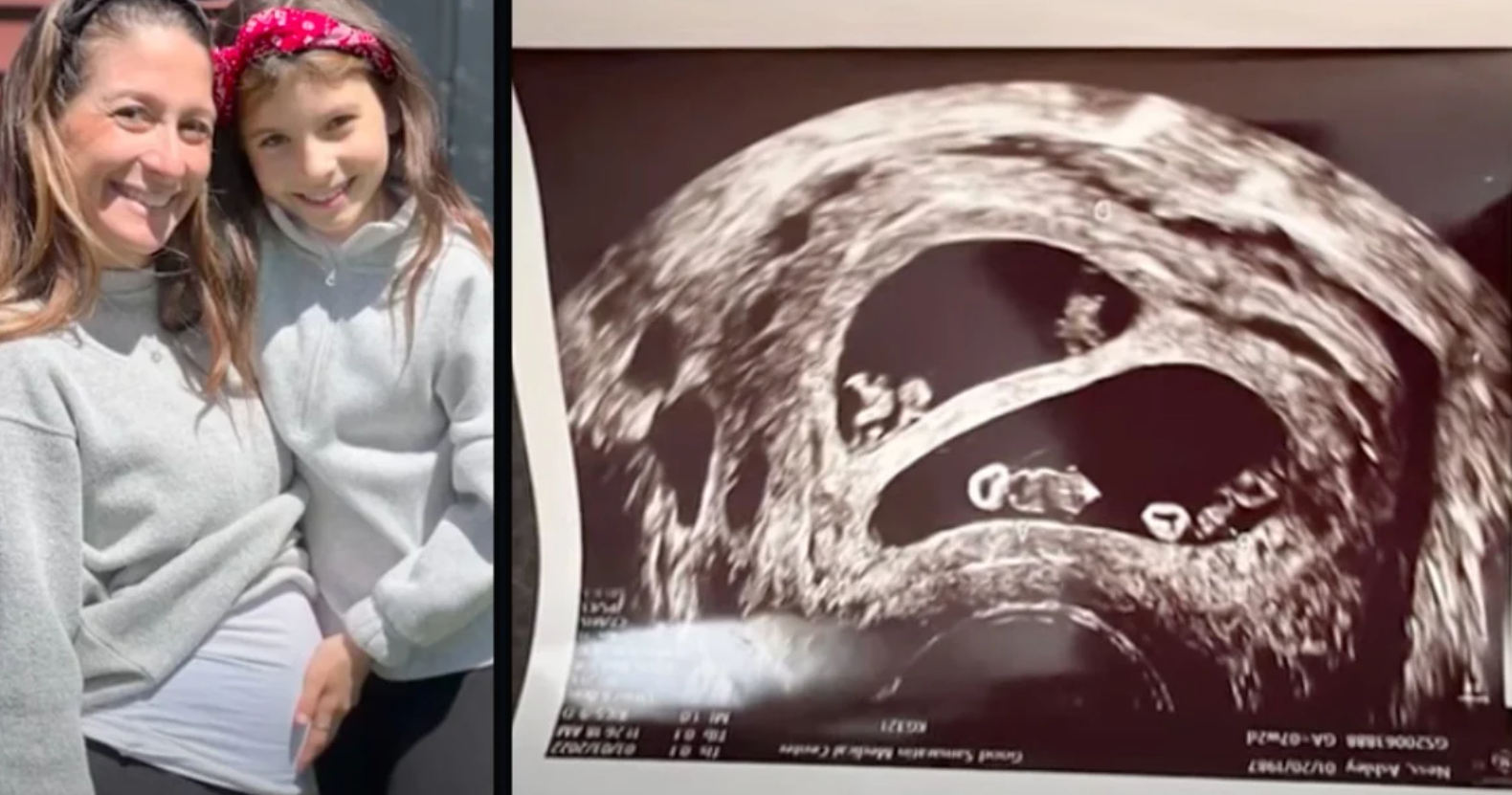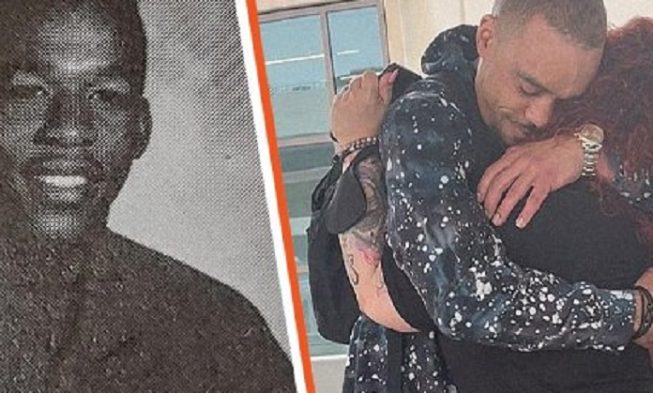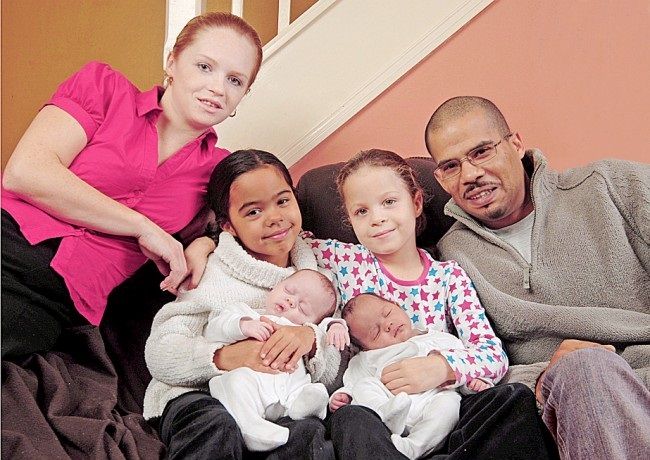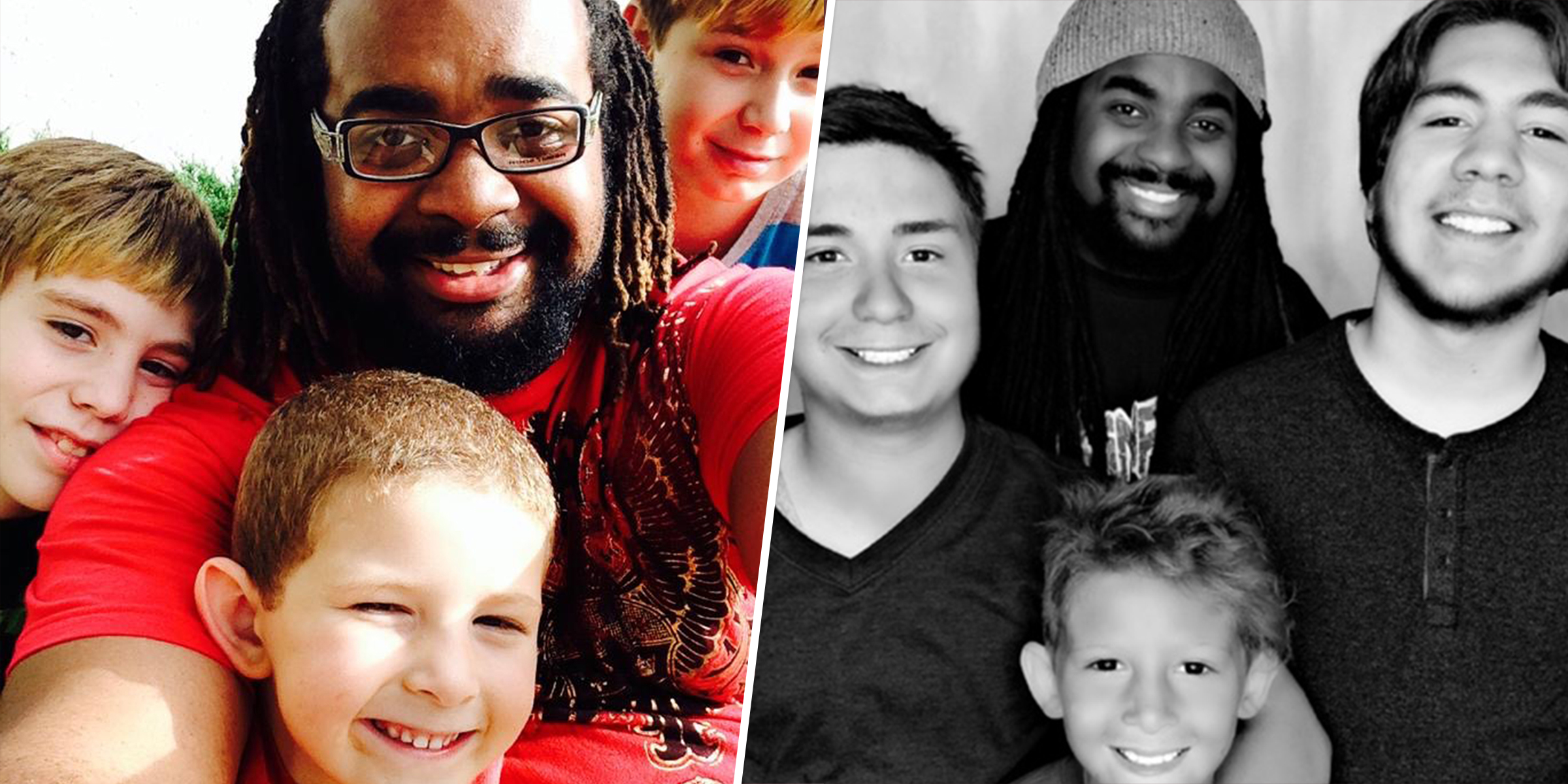Single Man Who Grew Up In Foster Care Pays It Forward By Adopting 3 Boys
Barry Farmer was not raised in a typical home with a mother and father, but his environment molded him into the amazing man he is today—a father of three sons.
Barry and his three sisters were placed in “kinship care” when they were toddlers, a sort of foster care in which relatives or friends tend after a child’s needs when their parents are unable to.
Barry used to move about from house to house, staying with friends of his parents.
He didn’t have a choice because the setup was unstable. After spending time with his aunt, he was placed with a foster family.
When Barry was four years old, he moved in with his grandmother, whom he had just recently met. In that house, he had neighbors, a good school, and a sense of belonging. It was the kind of constancy he needed as a kid.
Despite the fact that both of Barry’s parents had died, he received a lot of help from his grandmother and others. He chose to become a foster parent as a consequence of that interaction.
When Barry was 20 years old, he noticed an advertisement for foster parents and applied. The director of programs was taken aback when she realized how young he was, but she took a chance and gave him his foster parent license.
After a year, Barry received his first case. A 16-year-old moved into his family’s home in Richmond, Virginia. He was handed another case six months after the kid moved out: a 7-year-old boy named Jaxon.
When they met, Jaxon was taken aback because neither Barry nor the agency knew he was white. He’d never worked with white children before and didn’t know what to expect.
He recalled, “This child is Black in my mind.” “He was the whitest white teenager I’d ever worked with when I initially came…” I thought to myself, “Wow, this is going to be amazing.” “I’m not sure what I’m doing.”
Barry instantly realized that he had no need to be afraid.
“He’s extremely sweet and sympathetic,” he said. “All he needed was some hugs and to be addressed as father.”
Their relationship was so close that when Jaxon moved out and was placed with his adoptive family, the boy came back to him.
Because they both missed one other, Barry and Jaxon agreed to make things permanent.
At the time, Barry was 22 years old, and he anticipated social workers to protest to the adoption, but they didn’t. They realized that Jaxon had all he needed in Barry’s loving home.
On the other side, the boy wished for one more thing: a younger sibling.
Even though he had no intention of doing so, Barry assured Jaxon that he would consider adopting another child. Someone provided him a website with foster kids searching for homes, and he met Xavier, an 8-year-old child, through it.
He moved in with him and Jaxon when he was 11 years old, and Barry formally adopted him.
When Barry adopted Jeremiah, a 4-year-old who needed respite care, his family grew. Jeremiah’s elder siblings accepted him with open arms, and Barry eventually adopted him when he was five years old.
“Becoming a foster parent was a tribute to my grandmother,” he explained, “since I’ll never be able to repay her, but I was able to pay it forward.”
Barry, 34, is content with his three boys, Jaxon (19), Xavier (17), and Jeremiah (11). The family enjoys taking road trips throughout the East Coast, visiting amusement parks, exploring new sights, and going to the beach.
More parents, Barry believes, will consider fostering or adopting their children.
“Single parenting isn’t a horrible thing,” he said, adding, “with a community, it’s actually feasible.” “I would encourage people to become licensed foster parents as well as adoptive parents.”
Watch the video below.
“What happens when two individuals fall in love and decide to start a family?” You may create a true family with enough time. Many people assume my two sons are biologically connected, although they are just related by chance.
I think that as their father, I am better able to understand them since, as a previous foster youngster, I have experienced comparable conditions. Our foster children require someone to walk beside them during their adolescence and assist them in rebuilding their lives.
Let’s not forget that the children in FosterCare did not beg for their current situation, nor did they ask for the traumatic experiences they have experienced. Let us do everything we can to assist them during this critical time in their lives.
Foster children want for a sense of normality in their home, but they frequently have no idea what that means, how it feels, or what it takes on their side. They require families like yours to show that they care about them by demonstrating, supporting, accepting, and recognizing them as people.
Source: today.com










